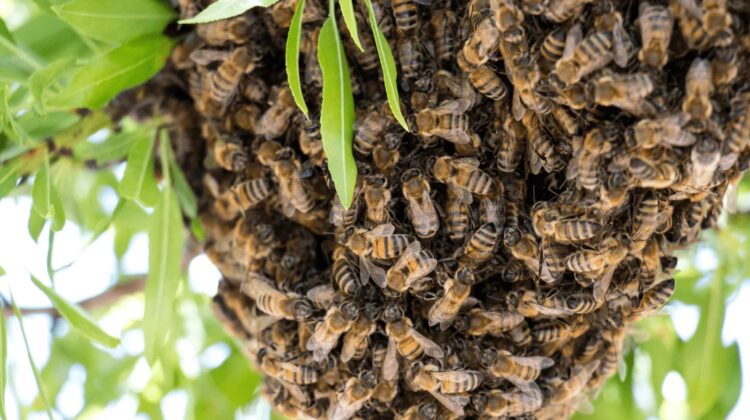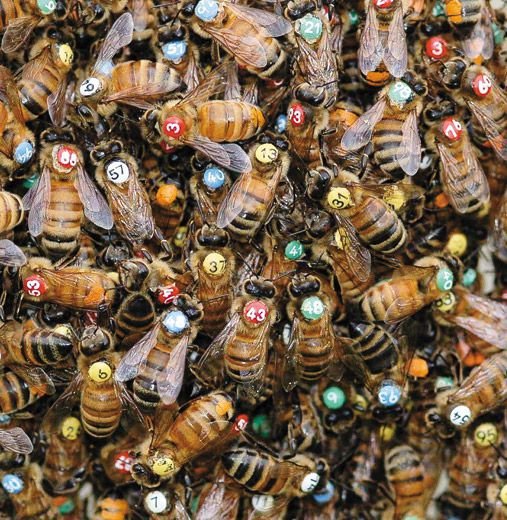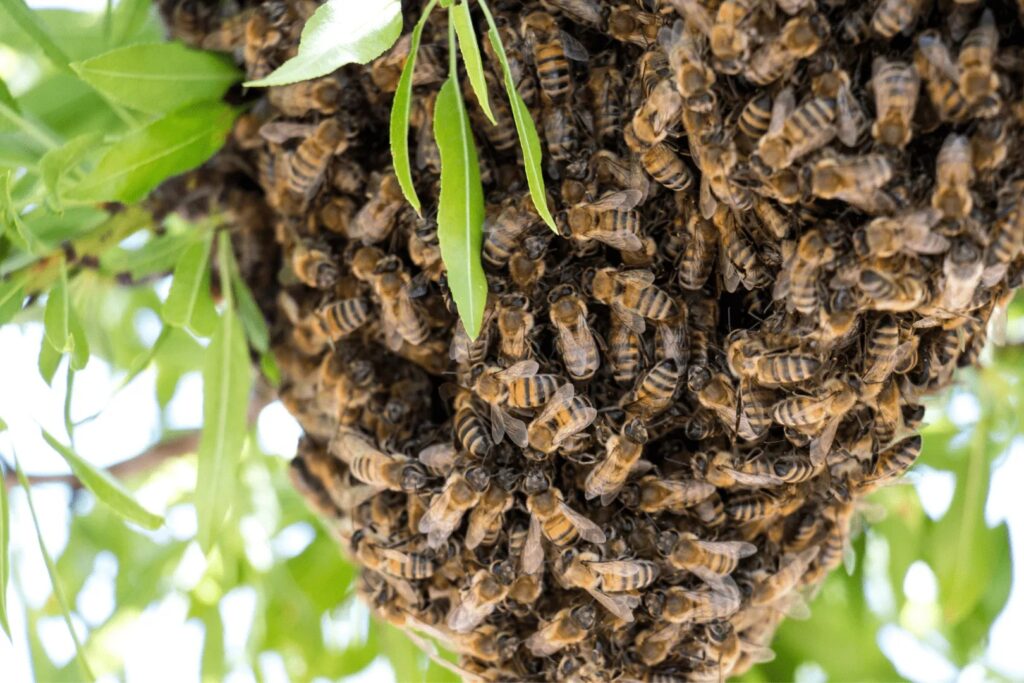
Strange as this may sound, bees have a political system that puts human politicians to shame. When a beehive becomes too full, bees will form a “senate” comprised of more experienced bees to seek a new location. Once they have found a suitable location, they take a vote on it by dancing as a collective until a consensus is reached. This remarkable discovery was made by a biologist named Thomas Seeley.

According to Seeley, the bees’ dance is a form of communication that conveys information about the location and quality of potential new homes. The more experienced bees will dance for longer periods of time and with greater vigor, which can influence the decisions of the younger and less experienced bees.

This process of collective decision-making has been dubbed “swarm intelligence,” and it is just one example of the remarkable social behavior of bees. Bees are also known for their altruism, with worker bees sacrificing themselves to protect the hive and the queen.
The ability of bees to work together for the common good has been the subject of much study and admiration. As the world faces increasingly complex problems, some researchers are looking to nature for inspiration on how to build more effective and equitable political systems.

The bee’s political system is not without its flaws, of course. Just like human politicians, bees can be swayed by personal biases or external pressures. But by studying the bees, we can gain a better understanding of how to build systems that are more efficient, effective, and equitable.
Perhaps the biggest lesson we can learn from the bees is the importance of collective decision-making. By working together and sharing information, we can create better outcomes for everyone involved. And if we can do it as effectively as the bees do, we might just be able to solve some of the world’s biggest problems.

Incredible